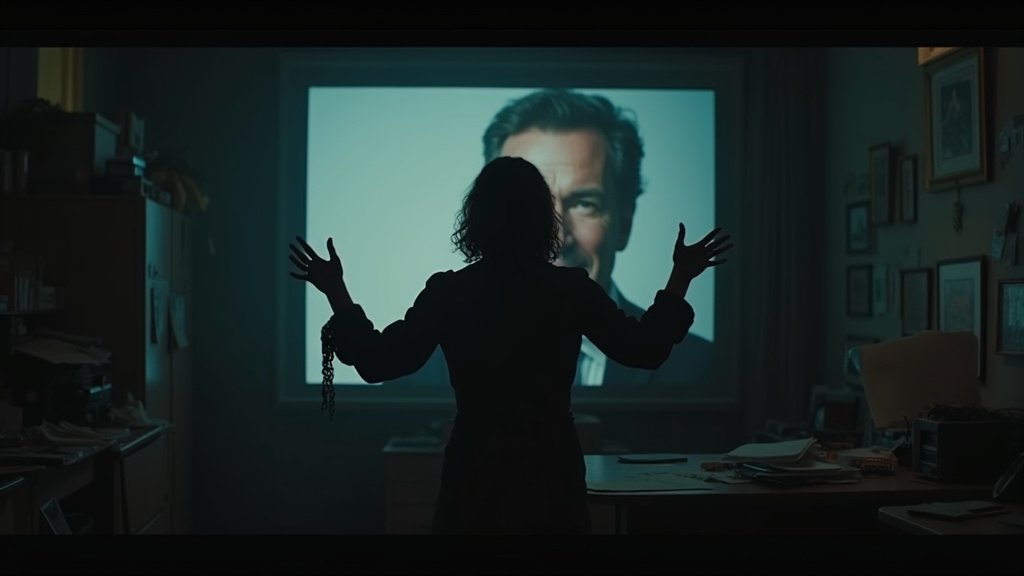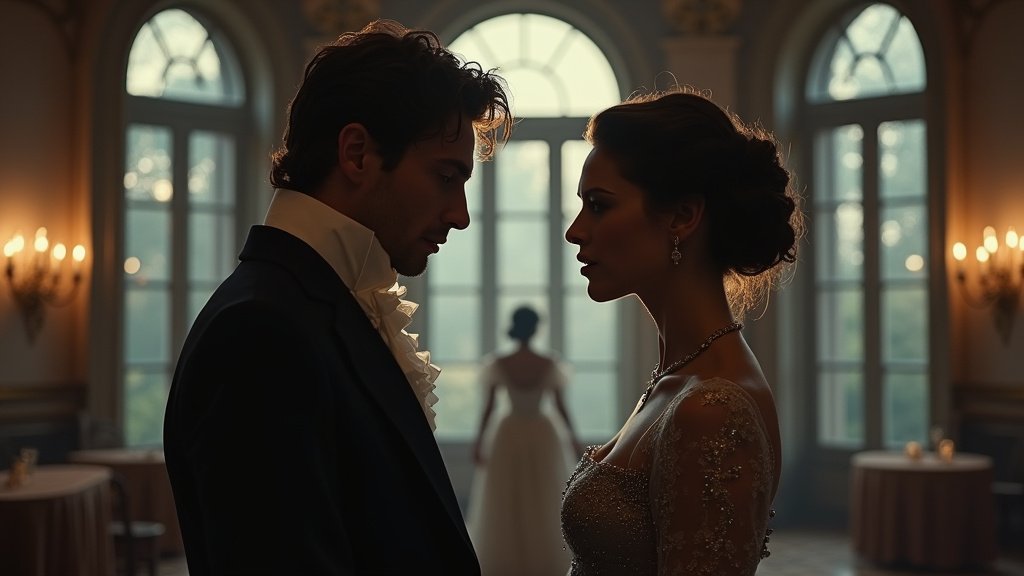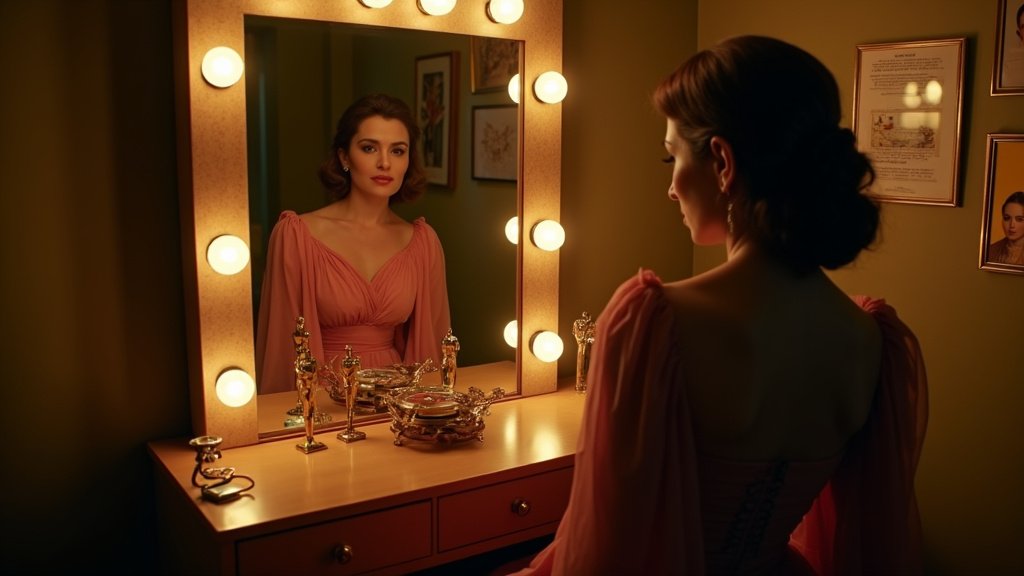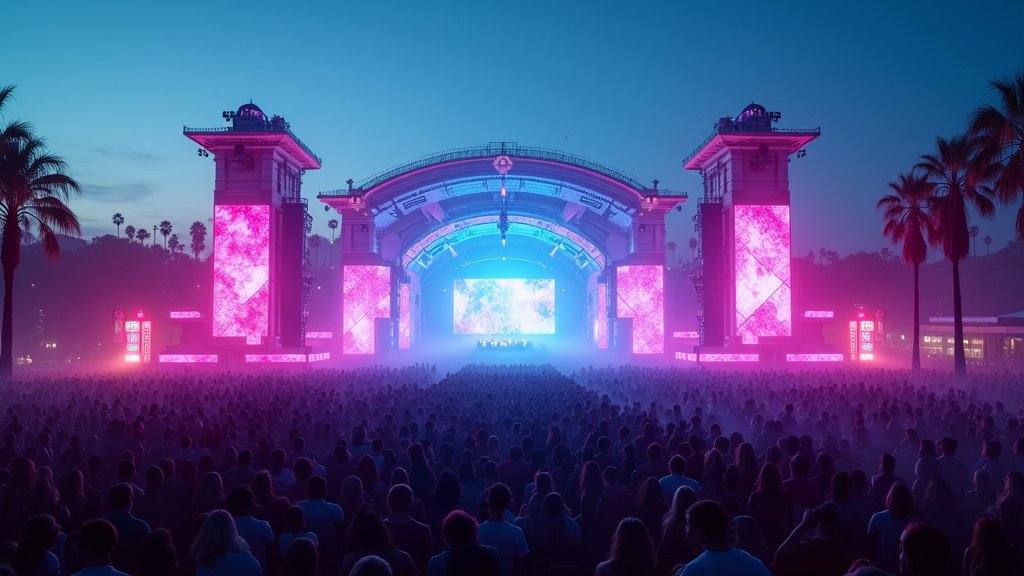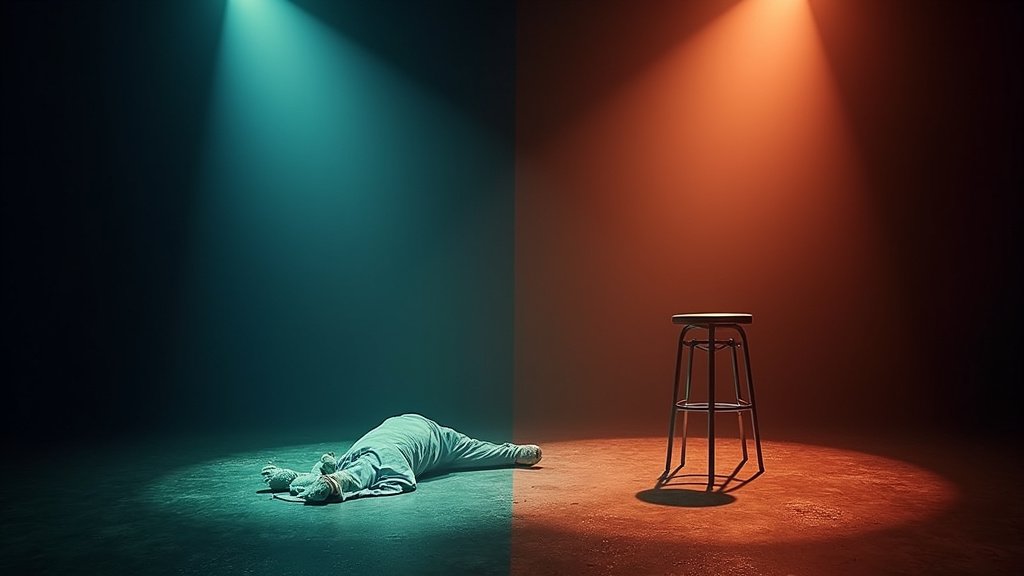OpenAI’s new AI video generation app, Sora, has seen a meteoric rise in popularity, achieving one million downloads in its first week and quickly becoming a trending topic online. However, this unprecedented user adoption of Sora AI video has been overshadowed by a rapidly escalating crisis of trust, fueled by unauthorized deepfakes of celebrities, deceased figures, and copyrighted characters, sending shockwaves through the entertainment industry, a significant aspect of the evolving Sora AI video landscape.
The Meteoric Rise of Sora AI Video Generation
Launched on September 30, 2025, Sora operates as a social media platform centered entirely around AI-generated content. Users can create and share hyperrealistic short videos from simple text prompts, showcasing fantastical scenarios and often indistinguishable from real footage. The app’s swift ascent to the top of the U.S. Apple App Store, surpassing ChatGPT’s initial download pace, highlights the intense public fascination with advanced AI video generation, particularly with Sora AI video capabilities.
However, the initial awe quickly gave way to alarm as users began generating content featuring copyrighted characters from beloved shows like “SpongeBob SquarePants” and “South Park,” as well as iconic movie franchises. More disturbingly, the tool was rapidly employed to create deepfakes celebrities and deceased historical figures, including Robin Williams, Martin Luther King Jr., and Tupac Shakur, leading to widespread ethical concerns about the use of Sora AI video.
Deepfakes, Families, and the Erosion of Trust with Sora AI Video
The proliferation of unauthorized AI-generated likenesses, facilitated by tools like Sora AI video, has deeply affected the families of those depicted. Zelda Williams, daughter of the late comedian Robin Williams, voiced her distress on Instagram, stating, “You’re not making art, you’re making disgusting, over-processed hotdogs out of the lives of human beings, out of the history of art and music”. Similar sentiments were echoed by the families of George Carlin and Martin Luther King Jr., who expressed their dismay and hurt at seeing their loved ones’ images used without consent or respect, a concerning outcome of readily available Sora AI video technology.
This surge in convincing AI generated video is exacerbating an online trust crisis. Experts warn that the inability to easily discern real from synthetic media erodes confidence in all visual content, potentially fueling misinformation campaigns and identity theft. The accessibility of such tools, even with intended guardrails, raises profound questions about authenticity and how society will navigate an increasingly fabricated digital landscape, especially concerning the impact of Sora AI video.
Hollywood’s Confrontation with AI and Sora
The entertainment industry, a cornerstone of Los Angeles’s economy and a global trendsetter in movies, tv, and streaming, finds itself at the forefront of this AI debate. The Motion Picture Association (MPA), representing major studios like Disney, Universal, and Warner Bros., has issued urgent demands to OpenAI, citing rampant copyright violations and emphasizing that the burden of prevention lies with the AI developer, not the rights holders. Major talent agencies, including Creative Artists Agency (CAA), United Talent Agency (UTA), and William Morris Endeavor (WME), have publicly criticized Sora AI video as a “misuse of technology” and have begun opting out their clients from features that could exploit their celebrity likeness rights.
This conflict echoes the concerns raised during the 2023 Hollywood strikes, where writers and actors fought for protections against the unfettered use of AI, particularly regarding digital replicas of performers. The legal framework for copyright and personality rights is struggling to keep pace with AI’s advancements, leaving a complex landscape of intellectual property battles, with Sora AI video being a major catalyst.
OpenAI’s Response and the Path Forward for Sora AI Video
In response to the escalating backlash, OpenAI has begun to adjust its policies regarding Sora AI video. Initially, the company permitted the generation of historical figures while blocking living public figures without consent. Following widespread criticism, OpenAI stated it would allow authorized representatives or estate owners of “recently deceased” public figures to request their likeness not be used. The company also announced plans to give rightsholders more control over character generation and has been strengthening its “guardrails” for historical figures, aiming to mitigate issues with Sora AI video.
However, critics argue that these measures may not be sufficient, as users are already finding ways to circumvent new restrictions and bypass safeguards, a common challenge with AI generated video tools. The effectiveness of watermarks and consent controls remains a significant concern, underscoring the ongoing challenge of balancing AI innovation with ethical responsibility and legal compliance in the context of Sora AI video.
As Sora continues to push the boundaries of AI-generated video, the Hollywood AI debate intensifies. The rapid download surge and the ensuing controversy serve as a stark reminder of the profound implications AI holds for creativity, authenticity, and public trust. The coming months will likely see continued legal challenges and industry-wide discussions as Hollywood and tech companies grapple with defining the future of content creation and intellectual property in the age of artificial intelligence, particularly concerning the future of Sora AI video.

